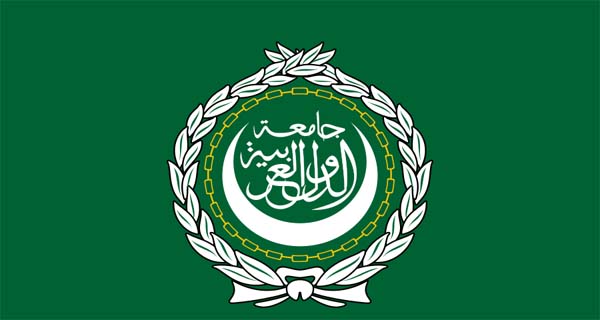CAIRO - The Arab states said on Sunday that they had agreed to form a joint military force to counter both Iranian influence and Islamist extremism, a gesture many analysts attributed in large part to their drive for more independence from Washington.
The agreement came as American and other Western diplomats in Lausanne, Switzerland, were racing to beat a self-imposed deadline of Tuesday to reach a deal with Iran that would restrict its nuclear program in exchange for the removal of economic sanctions. In response, Saudi Arabia and other American allies in the region have made clear that they are seeking to bolster independent regional security measures because they see the proposed accord as a betrayal of Washington’s commitment to their security.
Regardless of Iran’s nuclear program, they complain, the deal would do nothing to stop Iran from seeking to extend its influence around the region by backing favored factions, as it has done in Lebanon, Iraq, Bahrain and Yemen.
Many of the Arab states, including Egypt, Jordan and most of the Gulf monarchies, have thrown their support behind a Saudi Arabia-led campaign of airstrikes to counter advances by an Iranian-backed Houthi movement in Yemen; Washington is providing only intelligence and logistical support, but Saudi Arabia is leading the bombing while Egypt, with the largest Arab army, has pledged to send ground troops “if necessary.”
How the agreement, announced at a meeting of the League of Arab States in Sharm el-Sheikh, Egypt, will be implemented remains to be seen. Arab military chiefs are expected to work out more of the details. Officials of the Arab League said the leadership of the joint force, including the question of whether there might be a single command or a coalition of national units, was still under discussion. Each country’s participation is expected to be voluntary.
But the proposal gained credibility because it was announced in part by the Egyptian president, Abdel Fattah el-Sisi, the former general who led the military takeover here in 2013.
The idea “has been there before but not so seriously,” said Gamal Abdel Gawad Soltan, a political scientist at the American University in Cairo, noting that Arab joint defense treaties date to 1950 and a joint military command was previously formed for a time in the mid-1960s. “It is the renewal of an old idea, but this time the level of seriousness looks higher, even if we do not know yet whether the outcome this time will be different than in the past.”
Speaking at the same meeting, Nabil el-Araby, the secretary general of the Arab League, vowed that the Saudi-led airstrikes against the Houthi movement would continue until the Houthis had surrendered, apparently leaving little hope for negotiations for a prompt end to the violence.
The campaign “will continue until all Houthi militias retreat and disarm, and a strong unified Yemen returns,” Mr. el-Araby said, declaring that the intervention had saved Yemen from sliding into the abyss.
The Houthi movement, which originated in the north of Yemen and follows a strain of Shiite Islam, has seized control of the country’s capital, Sana, and other large cities in part by allying itself with military and security forces still loyal to Yemen’s former strongman, Ali Abdullah Saleh. Mr. Saleh was removed in 2012, after an Arab Spring uprising, in a transitional deal brokered by Saudi Arabia and the other Gulf states. While the Houthis have received financial support from Tehran, the Iranians do not seem to exert a strong influence over the group as they do with, say, Hezbollah in Lebanon.
The Houthis have previously fought as many as a half-dozen different civil conflicts against Yemen’s central government. None of the previous battles have succeeded in eliminating or fully disarming the movement. (Monitoring Desk)

